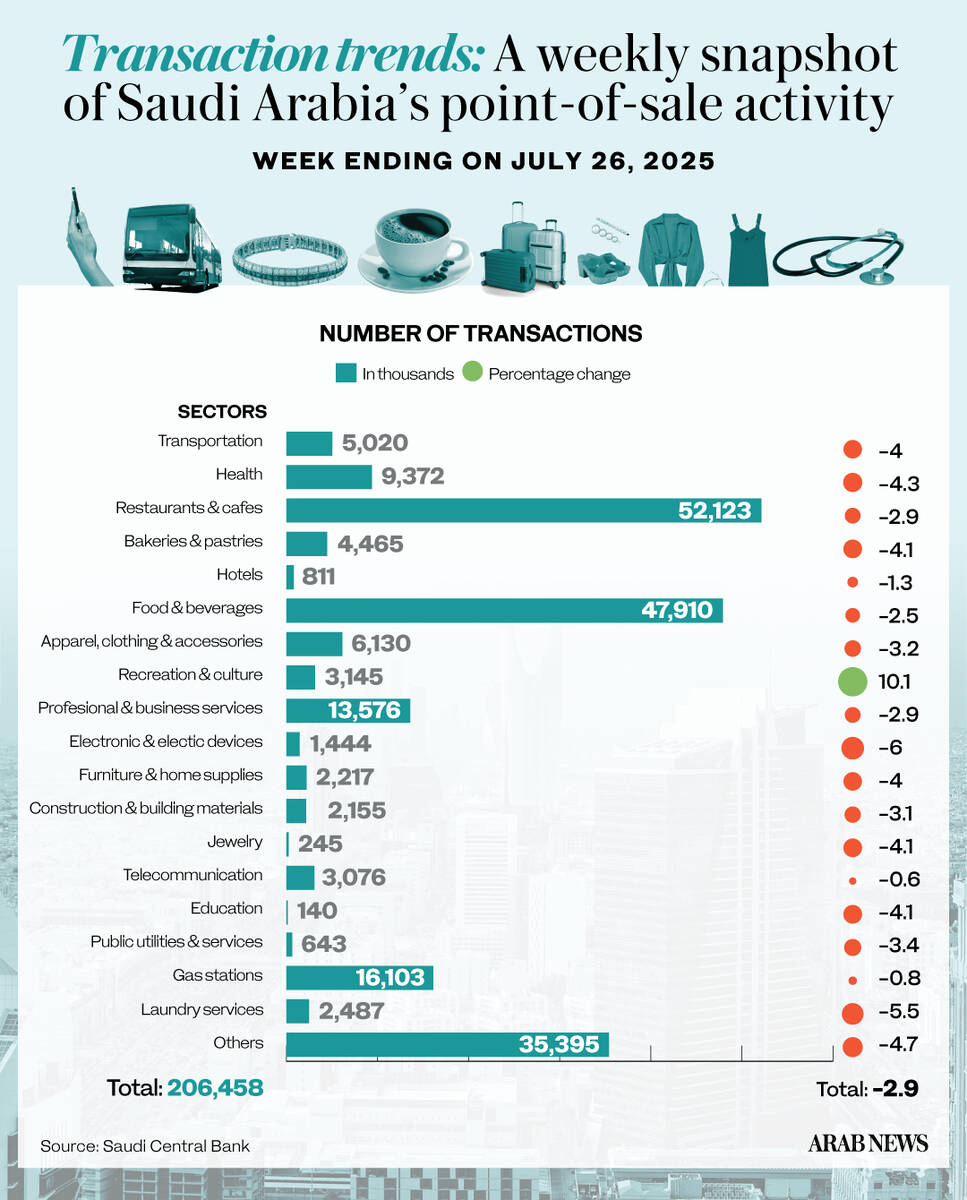DUBAI: EVUM Motors, a German electric vehicle manufacturer, forecasts that its EVs will reach an environmental break-even point after three years of usage, as stated by CEO Martin Soltes.
During a presentation at the Future Hospitality Summit in Madinat Jumeirah, Soltes explained that this break-even is achieved when the environmental costs of manufacturing the vehicle are offset by its operational benefits over time.
This achievement is part of EVUM Motors’ broader commitment to sustainability, a key strategic focus for the company as well as its suppliers and subcontractors.
Furthermore, this initiative aligns with the global goal of reducing human-caused carbon dioxide emissions by approximately 45 percent from 2010 levels by 2030, with the aim of reaching net zero by 2050, as emphasized by international scientific consensus.
“We are planning for the vehicle to be used at least 10 years. So, you know, three years at the very beginning and it’s a kind of for the break-even point and then the next seven years we have a positive impact on the environment using it,” he explained.
During his talk, Soltes discussed the vital role of governments in promoting innovation in the electric vehicle sector.
He outlined two key approaches: providing subsidies to encourage new technologies and creating supportive environments for EV infrastructure development.
“The one way would be providing a kind of subsidies, which is always a short-term, you know, point to push a new technology in. And the second thing is creating environments where innovations and, especially EVs, can be in there. So, helping build up the infrastructure,” Soltes said.
He also mentioned that implementing stricter regulations on firms can propel the industry forward, emphasizing a user-centered design approach. “So, go to the customer, talk to him about how he’s driving around, how he’s using the vehicle, understanding what his needs are, what needs to be optimized, what needs to be done,” he stated.
In a separate discussion, Issam AbdulRahim Kazim, CEO of the Dubai Corporation for Tourism and Commerce Marketing, addressed the increasing number of companies relocating to Dubai.
“We have a lot of new companies that relocate to Dubai, family offices that are set up in Dubai. More communities moving to Dubai to find the right opportunities for themselves and set up their life in Dubai as well,” Kazim said.
He added that these developments should contribute to the goal of doubling the gross domestic product over the next decade. “All of that should aid the doubling of the GDP in the next decade. So that’s the vision from one side.”
Kazim also noted an increase in hotel numbers since the launch of the tourism strategy, highlighting Dubai’s ongoing growth.
In a discussion titled “Master Planning for Transformative Hospitality and Destination Investments in Shifting Sands,” Wyatt Roy, head of innovation at NEOM, highlighted the project's extensive protection efforts.
“Ninety-five percent of NEOM is protected, never to be touched, which is an amazing commitment. We are rewilding and regreening the natural environment, bringing back unique Arabian wildlife,” Roy stated.
He emphasized NEOM’s dedication to sustainability, noting, “We’re planting over 100 million native plants and using innovative technology to restore our natural environment, allowing us to reintroduce Arabian wildlife. Our commitment to 100 percent renewable energy is significant, and we're leading the world in making this a reality.”
Roy also discussed the potential for personalized experiences through technology, saying, “We can design a deeply personalized experience from the moment you book to when you arrive, stay, leave, and return. Collaborating with global partners allows us to implement and test cutting-edge technology, creating a major opportunity for innovation.”
This year’s Future Hospitality Summit 2024 marks the largest edition to date, bringing together 1,500 industry leaders and featuring more than 110 distinguished speakers, facilitating engaging discussions and networking opportunities.
The three-day event continues to serve as a platform for industry leaders to connect, share ideas, and shape the future of hospitality and tourism.

























